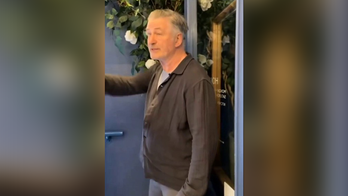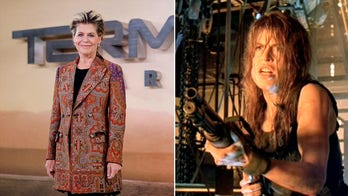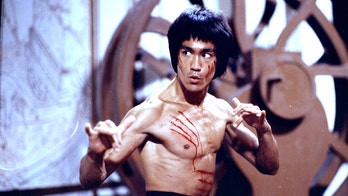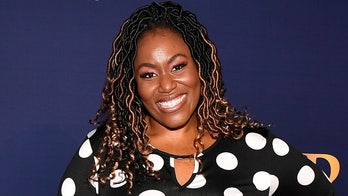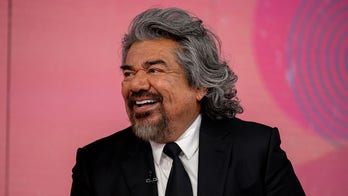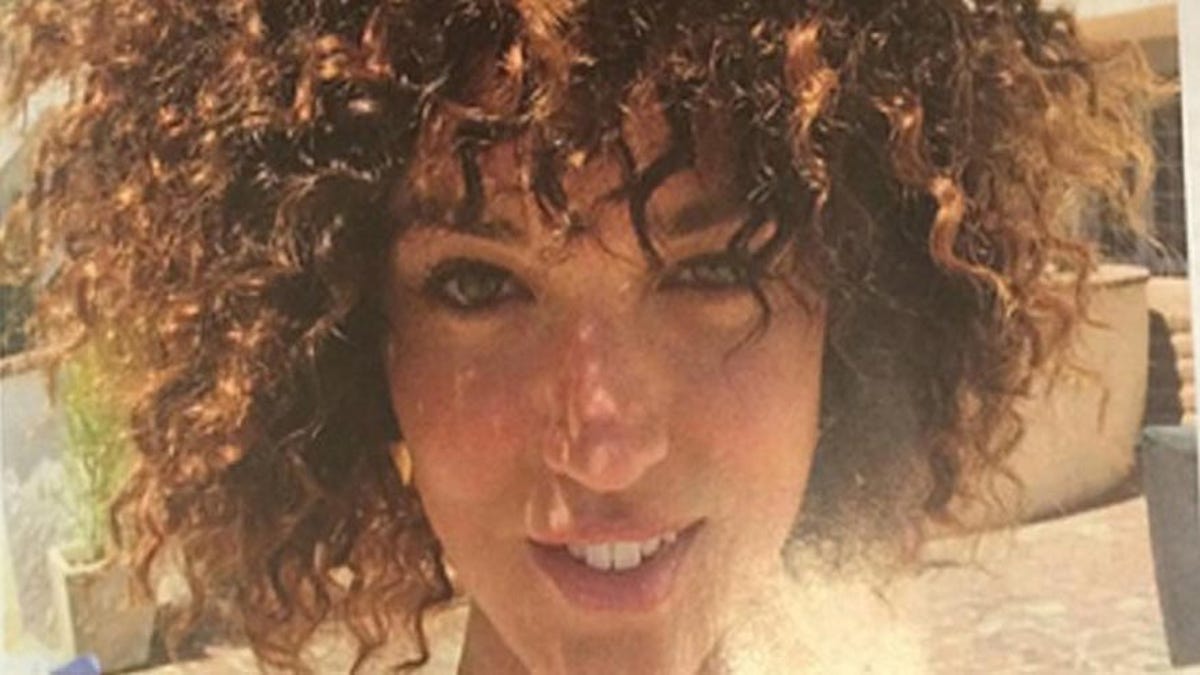
Allure Magazine ticked off some readers with their August spread “You (Yes, You) Can Have An Afro,” showcasing a white actress with a '70s-style afro hairstyle, with no mention of its origins.
The article prompted an outcry on social media, with some calling the piece “cultural appropriation,” and claiming the mag lacks editorial staff diversity.
The afro has held political significance for the African-American community since the 1970s when it was part of the “Black is Beautiful” movement protesting white beauty standards usually featuring straight hair.
Allure acknowledged as much after the fact while defending the spread, telling FOX411: “The Afro has a rich cultural and aesthetic history. In this story, we show women using different hairstyles as an individual expressions of style. Using beauty and hair as a form of self-expression is a mirror of what’s happening in our country today. The creativity is limitless—and pretty wonderful.”
But not everyone is buying it. Allison McGevna, managing editor at HelloBeautiful.com, said the issue for Allure isn’t just about hair. It’s the lack of diversity in their pages. McGevna also points out the style not even an Afro, but a twist-out.
“I don't think that Allure necessarily meant to cause any harm or be insulting. I believe in the editor's mind, it was actually a celebration, but that naïveté is really a major problem associated with cultural appropriation," McGevna said. “Black female features are not simply a beauty trend. While celebrating an Afro hairstyle, which is absolutely something to celebrate, they should have used an actual Black woman, instead of painting freckles on a white woman's skin and curling her hair so that she looks more ethnic.”
Hairstylist Nakia Crouse also took issue with the article.
“You can show a ‘how -to tutorial about an afro’ however give credit where credit is due," Crouse said.
Africana Studies professor at Cornell University Noliwe Rooks said that while no particular race owns any hairstyle, Allure messed up.
“I don't believe that anyone actually owns a hairstyle and whites have long tried to appear edgy and cool by adopting aesthetic elements from other cultures such as plump lips, butt implants, tan skin and even hair styles such as cornrows," Rooks said. "Black people are often sent home from school or jobs for wearing braids or afros because whites don't think such styles are professional, yet white women are told such styles are fashionable. It's infuriating and the upset is about more than who owns a particular hairstyle.”
Ohio State Professor of Women's, Gender, & Sexuality Studies Treva Lindsey said the editors need to recognize their mistake.
“The editorial staff, in the least, should thoughtfully respond to the understandable criticism and backlash," Lindsey said. "Divorcing the style from the political context in which the afro arises and the clear association the style has with African American cultural expression is deeply problematic.”
But not everyone agrees.
“This world needs to live and let live!" said hairstylist and salon owner Martino Cartier. "If someone wants an Afro let them have it. I’ve spent 20 years behind the chair. I have seen it all and there have been Afros is all shapes sizes and yes even colors.”
